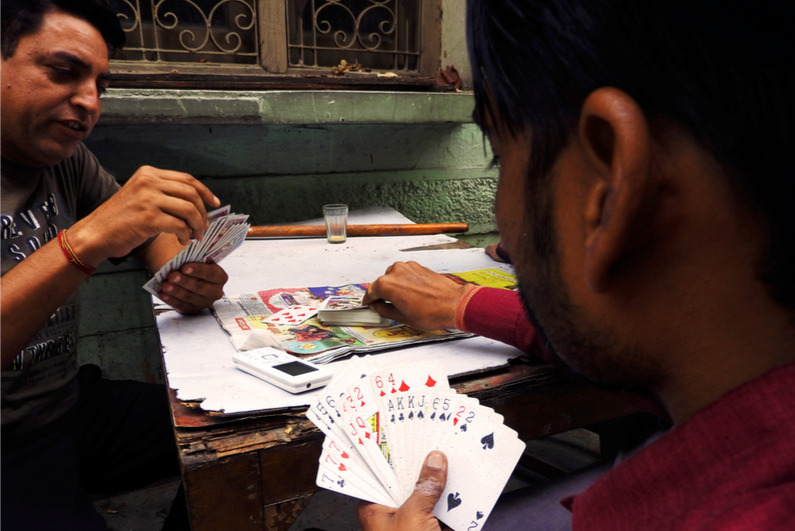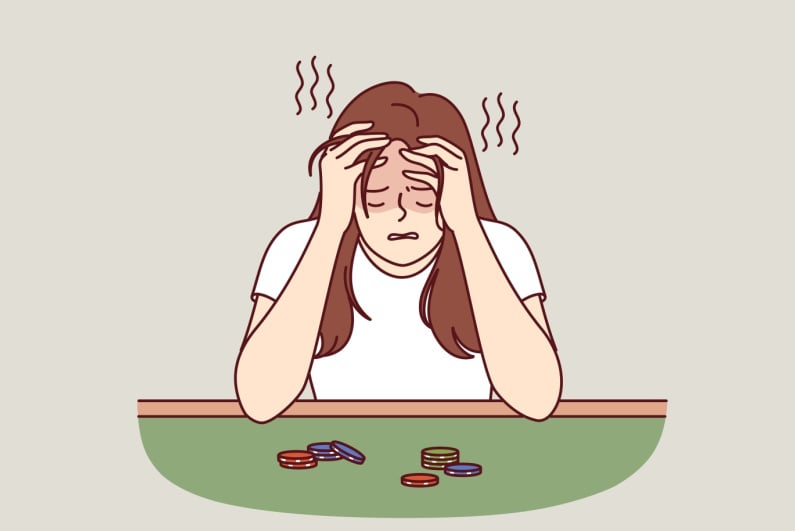There are some conflicting messages on gambling in India right now, as one side calls for regulation and the other abolition.
Today, the Indian Union Minister of Law and Justice, Ravi Shankar Prasad, has reiterated his call for the country’s government to look into passing a complete ban on gambling. The minister was speaking at the Indian parliament after the initial findings of the Indian Law Commission also recommended a total gambling ban.
At the moment, the central government is looking to maintain the current widespread ban on most forms of gambling in the country, but has also voiced an interest in legalizing certain forms of betting in order to control the underground industry that tends to flourish in countries with strict gambling bans.
Total ban, or regulation?
The minister said that while a blanket ban would be preferable, if this would not be possible then the legislation and regulations on gambling and betting should be revised by parliament and state legislatures.
An independent member of parliament, Amar Singh, raised questions around whether the commission had recommended the legalization of gambling and what the government would do in respect of those recommendations.
Buoyant underground market
The minister stated that the government should back a complete ban on gambling, but this could lead to a buoyant underground market. Prasad had added in his statement that he believes if a complete ban could not be implemented then legalization should be considered, in order to prevent gambling from shifting towards an illegal black market.
These proposals were unfortunately quite vague as the session in which they were being discussed was interrupted with questions from other members of parliament, preventing Prasad from clarifying certain points according to reports.
He had been asked which particular regulations he would like to see being implemented in a regulated gambling market in India, but the question did not get answered during the session. MP Amar Singh did ask if Prasad believed gambling and betting in the country should be opened in accordance with recommendations set out by the Law Commission.
Law commission’s recommendations
Prasad had stated previously that the recommendations set out by the Law Commission were still “under consideration”. The commission is an advisory body that provides research to the ministry of law and justice, including the legal framework. “Gambling and sports betting including cricket in India” is the document that has been at the center of these debates.
Delta Corp, the country’s largest casino operator that has both land-based and floating casinos, recently appeared in court looking for the Daman government to act on its application to operate, which has been in the approval process since 2014.
The Indian government has also placed severe sanctions on several lottery operators located in Mumbai that were allegedly operating without the required licensing and as such were avoiding paying the 28% goods and services tax on lottery tickets.
The operators were using fraudulent, handwritten tickets in lieu of official betting slips, which meant authorities did not have the required evidence to track the taxation due.
It is clear that the Indian gambling market needs some form of regulation in place, and it appears the report by the Law Commission has brought the topic to the forefront of the political agenda.
The coming year could see big developments in the Indian gambling market, depending on how quickly parliament can decide how it wants to proceed with regulating the country’s gambling industry.



